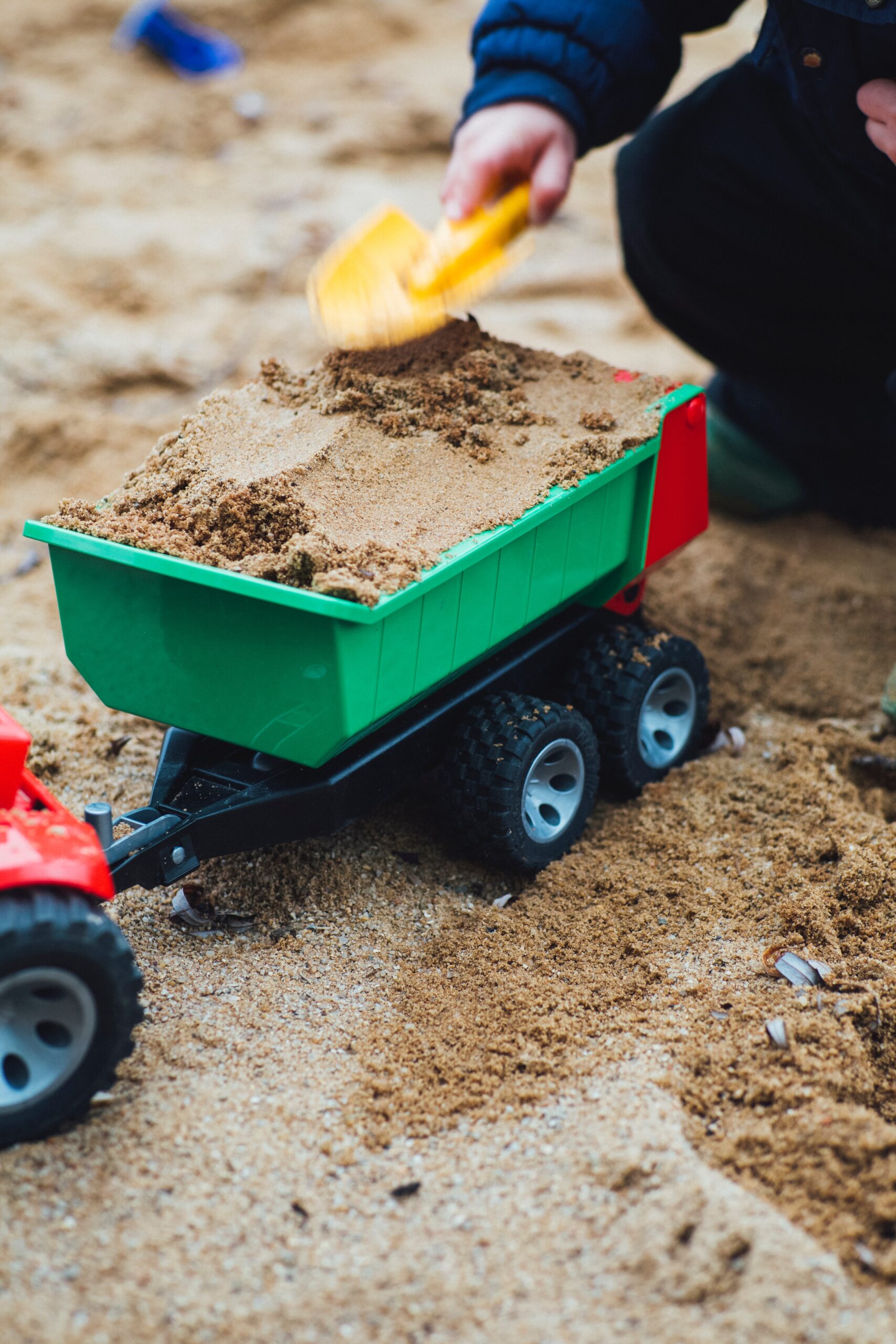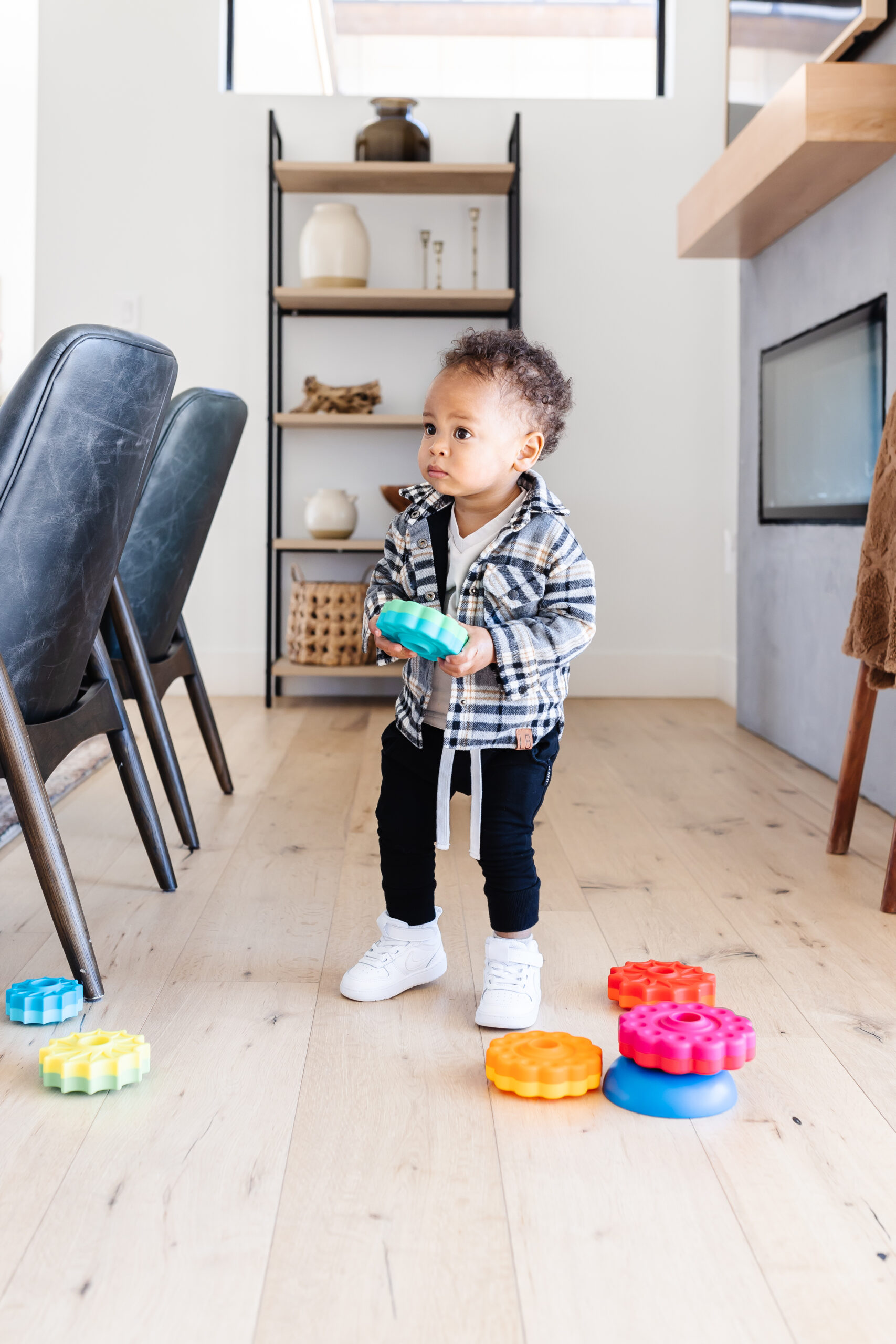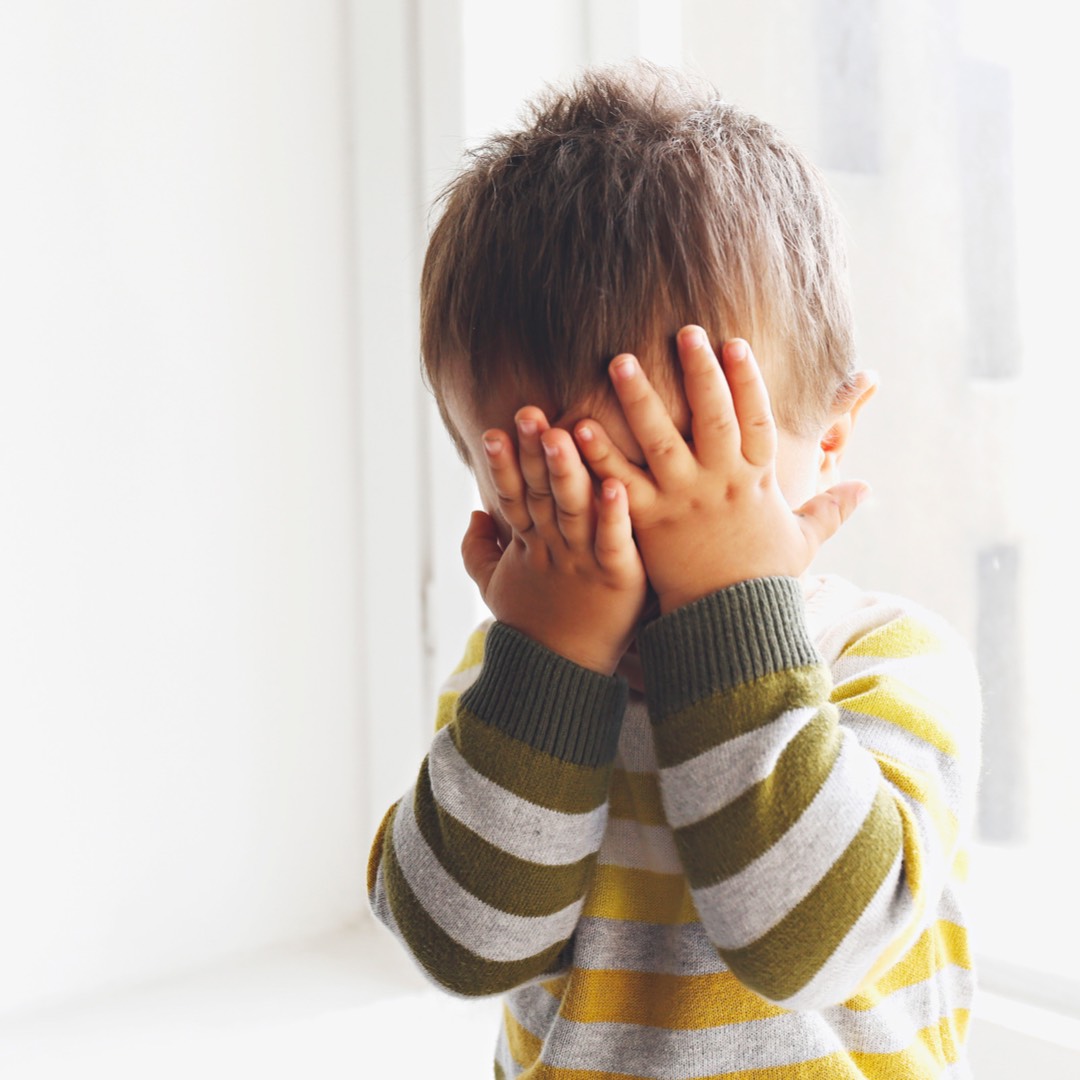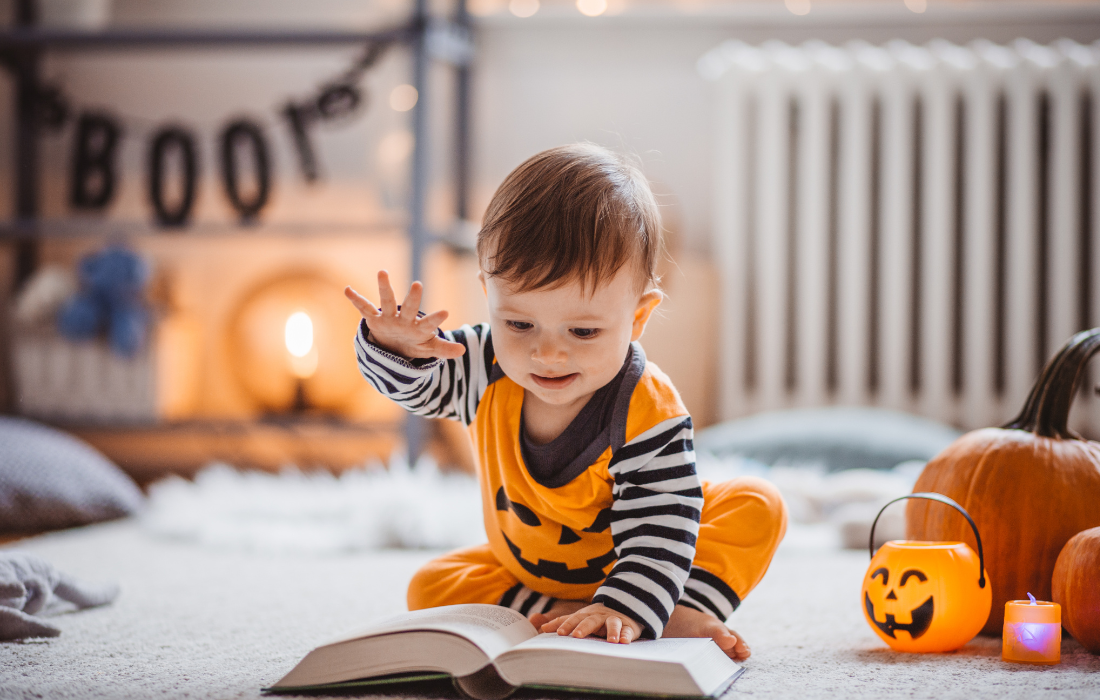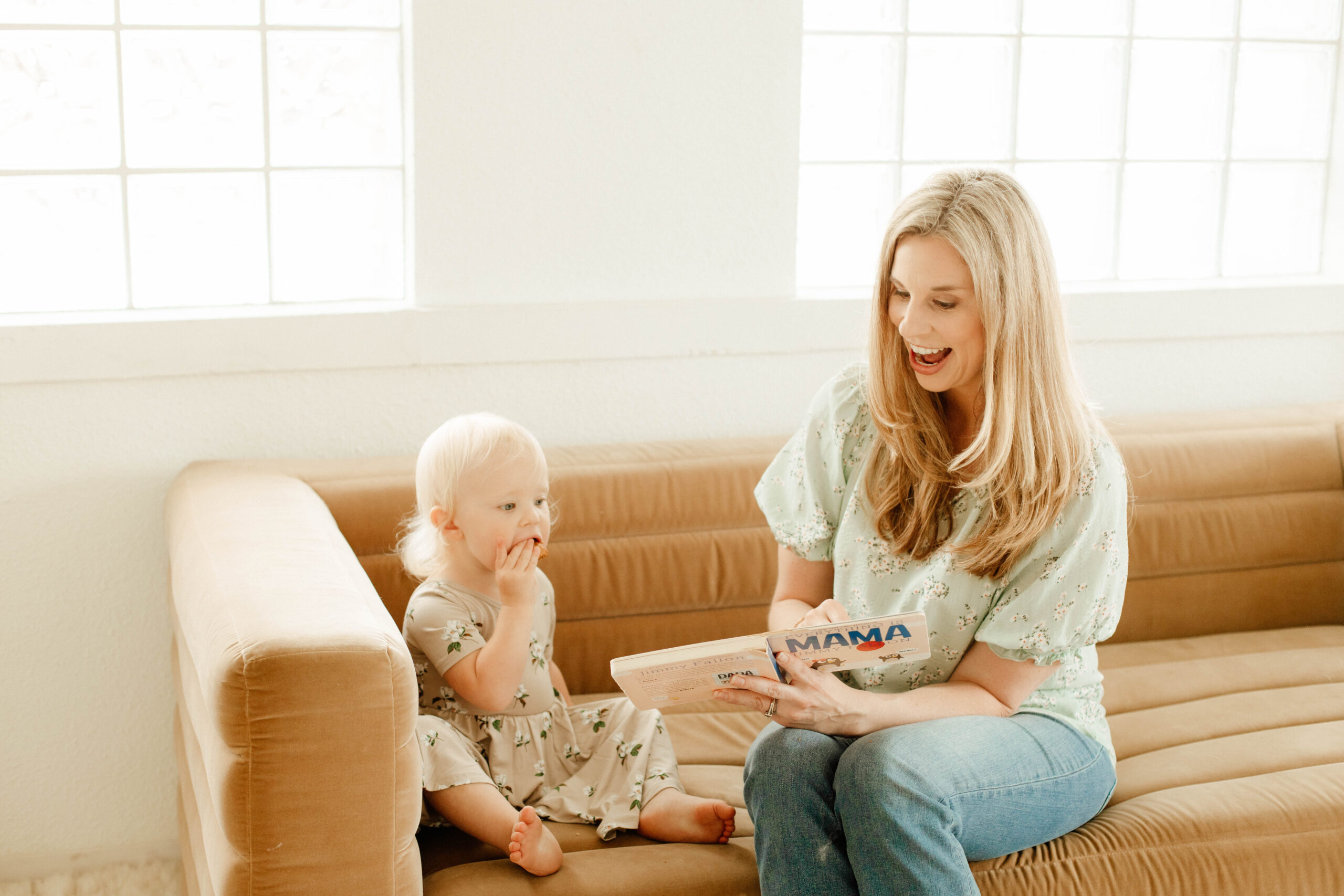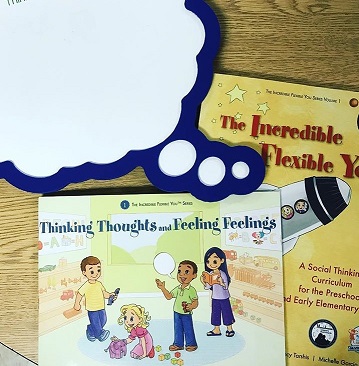
Social Skills in Preschool
Just like any other skill, social skills and play develop in stages. By the time children reach preschool, they are engaging in a much more interactive form of play called cooperative play. During cooperative play, children organize themselves into specific roles (“You be the mommy and I’ll be the baby”) and generate ideas and “rules” for the play (“Babies don’t walk! You have to crawl!”) Each child is working with the same “game” in mind. In other words, they are sharing an imagination.
When children are not able to participate in this type of play, they miss out on crucial social, language, and cognitive benefits. My favorite way to help preschoolers develop their social skills is by using the We Thinkers curriculum from Social Thinking ™
Building Social Skills with We Thinkers
We Thinkers is for students 4-7 years old and consists of ten core social concepts presented through a series of engaging storybooks. The first five concepts are introduced in Volume 1 http://bit.ly/2zbJAxM. We Thinkers! Volume 2 picks up where Volume 1 left off. The teaching across the series is sequential and concepts build upon each other, therefore it is important that Volume 1 be used before moving on to Volume 2. The second volume also includes The Group Collaboration, Play and Problem Solving Scale (GPS). The GPS Play Scale in Vol. 2 is nice for figuring out your student’s social strengths and needs (great for treatment planning!).
A Sample Social Skills Group in Preschool
Although there is one story for each concept, each unit is meant to be explored for a longer period of time. In this post, I am sharing what we are doing in one of my preschool social groups.My group is working on the first unit in the series, “Thinking Thoughts and Feeling Feelings.” In today’s class, we used the story, “Not a Box” by Antoinette Portis to further explore the concept. I love this book! It’s great for teaching flexible thinking
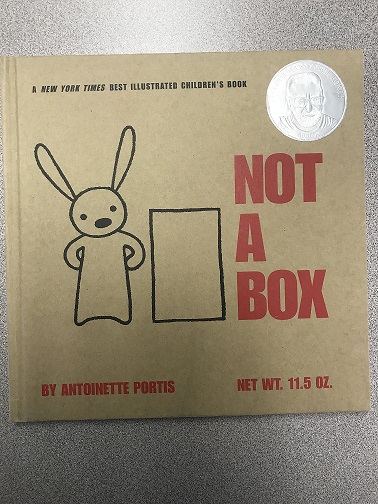 .
.
After reading the story, I provided the students with a large box. The kids loved that it was so big they could crawl inside! Using our thought bubbles, each child came up with an idea/thought for what our group would do with a box. This was great practice following a “group plan” and being flexible (both with their imaginations and following a peer’s idea). Vocabulary from the unit was embedded into the lesson.
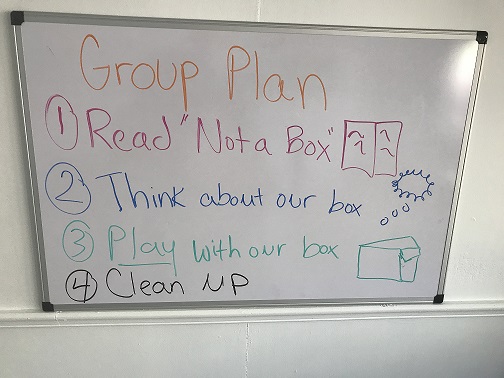
One of my students wanted to the box to be rocket ship. The students drew “fire” on one side of the box. Each child took a turn getting in, while the rest of the group counted down to “Blastoff!” We also “shared an imagination” to think about what we would want to pack on a trip to outer space.

Another child in the group wanted the box to be boat. The kids used their imaginations to think about how the boat would react to different weather. They had a blast shaking the boat during “stormy” weather (This was a great opportunity coach the kids on “checking in” with a peer and see if it was too rough).
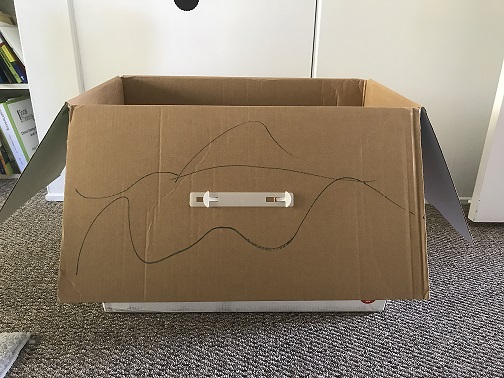
Another student wanted the box to be a house. They took turns going in the house and “knocking on the door.” One student suggested they reenact the “Three Little Pigs.” I encouraged the students to share an imagination by thinking materials in the room they could create houses out of. The students worked together to make houses out of waffle blocks and a fort kit. They laughed so hard whenever the “Big, Bad Wolf” (yours truly) tried to blow down their houses!

I see so many more possibilities for this lesson depending on what social concepts your students are working on. I’d love to hear how are using We Thinkers™ in your class or therapy room!
*Use code Social10 for 10% We Thinkers and other SocialThinking products!
Learn more about our social skills groups in Houston here:
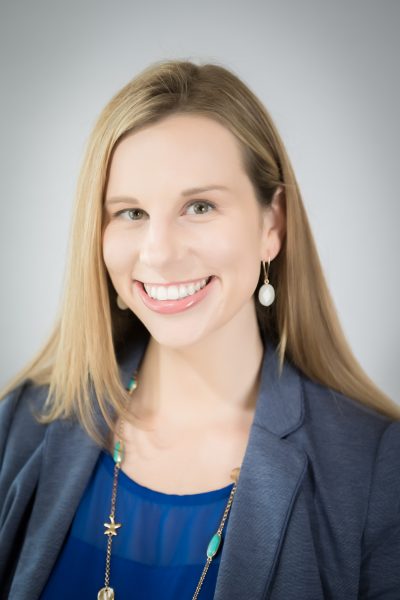 Brooke Andrews, M.A CCC-SLP is the owner of The Speech Dynamic Social Learning Center in Houston, TX where she provides a variety of social learning classes and experiences . Brooke has presented at various conferences and shares her expertise in her workshops for parents, teachers, and other clinicians.. Her clinical expertise include play-based learning,, social communication, and executive functioning.
Brooke Andrews, M.A CCC-SLP is the owner of The Speech Dynamic Social Learning Center in Houston, TX where she provides a variety of social learning classes and experiences . Brooke has presented at various conferences and shares her expertise in her workshops for parents, teachers, and other clinicians.. Her clinical expertise include play-based learning,, social communication, and executive functioning.
